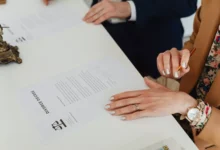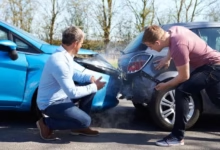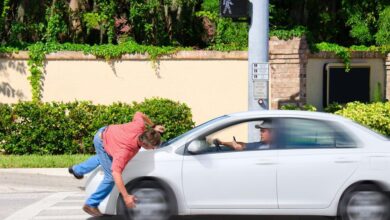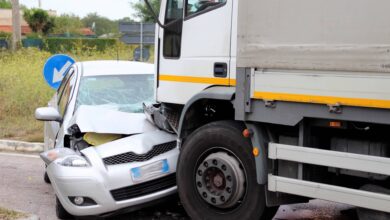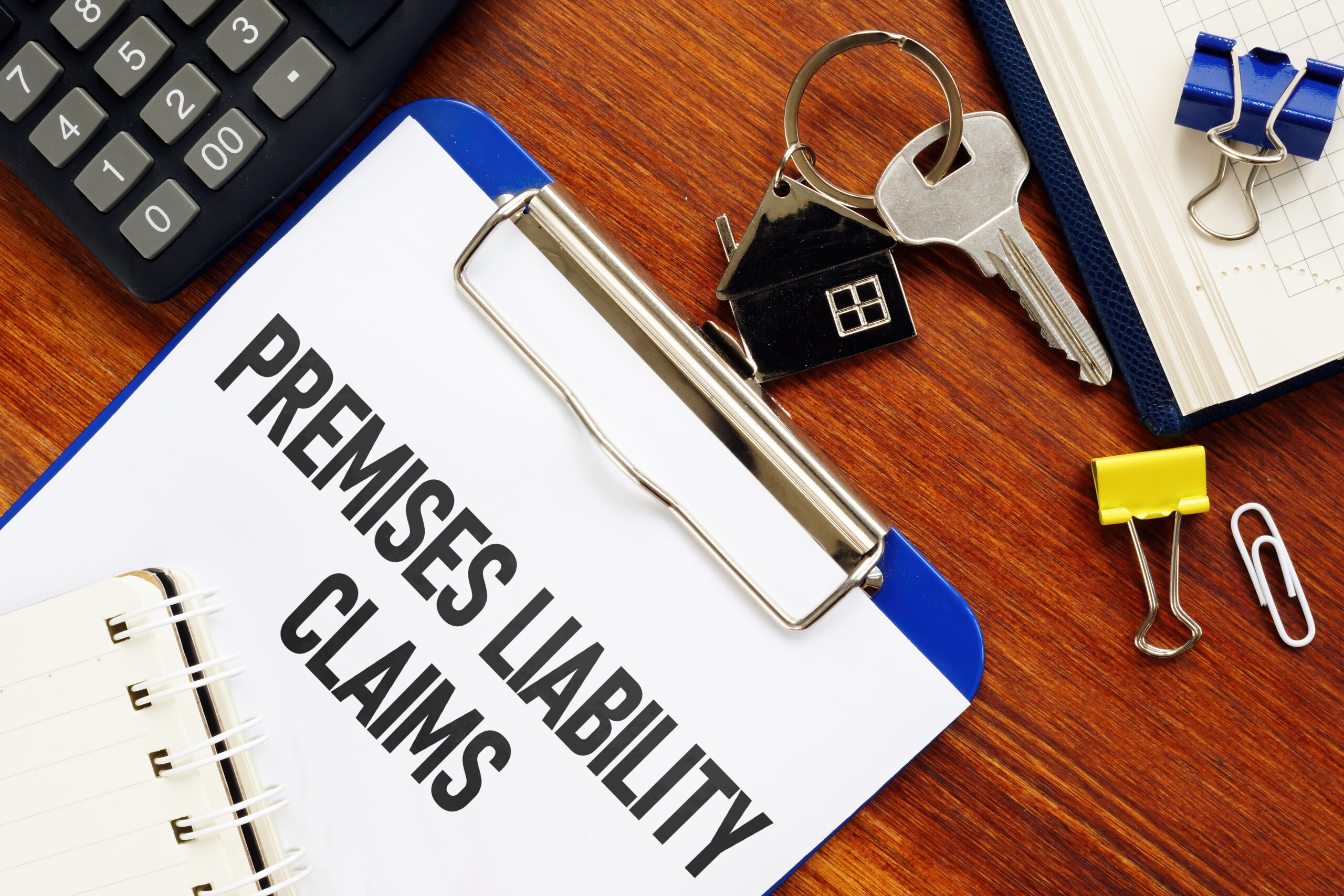
What Evidence Do You Need For Property Liability Claims?
When you’re dealing with property liability claims, gathering the right evidence is crucial, notes the Granite Foundation Repair experts. It’s what makes your case strong and helps you get the compensation you deserve. Here’s a helpful guide to the types of evidence you need and how to collect it effectively. Read on to learn more.
Table of Contents
Document The Incident As Soon As Possible
Remember: the first step in building a solid property liability claim is to document the incident as soon as it happens. This includes capturing pieces of evidence such as:
- Pictures and videos: Capture clear images and videos of the scene for use if you file personal injury claims. Focus on the dangerous condition(s) that caused the incident. Take pictures from different angles to provide a comprehensive view.
- Details of the scene of the incident: Note down the exact location, time, and date of the incident. Describe the conditions, such as weather or lighting, that might have contributed to the accident.
Gather Witness Statements
Witnesses can provide invaluable support for your claim. Here’s how to make the most of their testimony:
- Witnesses’ contact information: Get the names, phone numbers, and addresses of any witnesses. Having this information will help you and your lawyer reach out to them later.
- Witnesses’ recorded statements: Ask witnesses to provide written or recorded statements about what they saw. Ensure they describe the conditions and how the incident occurred.
Keep Track Of Medical Records
If you were injured, your medical records are crucial pieces of evidence. They show the extent of your injuries and link them to the incident. Here’s what you need:
- Doctor’s notes: These notes should detail your injuries, treatment plans, and any recommendations for future care.
- Medical bills: Keep all receipts and bills related to your treatment. These documents help quantify your medical expenses.
- Diagnostic tests: Include results from X-rays, MRIs, or other tests that confirm your injuries.
Maintain A Personal Injury Diary Or Log

A personal injury diary can strengthen your claim by providing a detailed account of your experience. Here’s how to maintain it:
- Written daily entries: Write daily entries about your pain levels, emotional state, and any difficulties you face in your daily life.
- The progress of your treatment: Document your progress in treatment, including any setbacks or improvements.
Secure Expert Testimony
Sometimes, expert testimony can make a significant difference in your claim. Here’s what to consider:
- Testimony from safety experts: These experts can testify about the safety standards that were violated and how these violations led to your incident.
- Testimony from medical experts: They can provide detailed explanations about your injuries and their long-term impact.
Obtain Property Records
Property records can show whether the property owner was aware of the hazard and failed to take action. Here’s what to look for:
- Maintenance records: These records can reveal if the property was properly maintained or if there were prior complaints about the hazard.
- Inspection reports: Inspection reports can highlight any safety violations or hazards that were noted before your incident.
Preserve Pieces Of Physical Evidence
Physical evidence can be a powerful tool in proving your claim. Here’s what to preserve:
- Damaged property: If any of your belongings were damaged, keep them as evidence. This could include clothing, shoes, or personal items that were affected.
- Hazardous conditions: If possible, preserve evidence of the hazardous condition itself. For example, if a broken step caused your fall, ensure it’s not repaired until it’s been documented.
File A Report
Filing a report with the relevant authorities can add credibility to your claim. Here’s what to do:
- Police report: If the incident was severe, file a police report. This official document can support your claim.
- Incident report: If the incident occurred on commercial property, file an incident report with the property owner or manager.
Work With An Attorney
An experienced property liability lawyer can guide you through the process of collecting and presenting evidence. Here’s how they can help:
- Legal Advice: They can advise you on what evidence is most crucial for your specific case.
- Negotiation: Attorneys can negotiate with the property owner’s insurance company on your behalf to ensure you get fair compensation.
- Representation: If your case goes to court, an attorney can represent you and present your evidence effectively.
Final Thoughts
Gathering the right evidence for a property liability claim is essential for success. Start by documenting the incident immediately, gathering witness statements, and keeping all medical records. Maintain a personal injury diary and consider securing expert testimony. Obtain property records and preserve physical evidence. Filing a report with the relevant authorities adds credibility to your claim. Lastly, consulting an attorney can provide you with the guidance and representation you need to navigate the process effectively.

